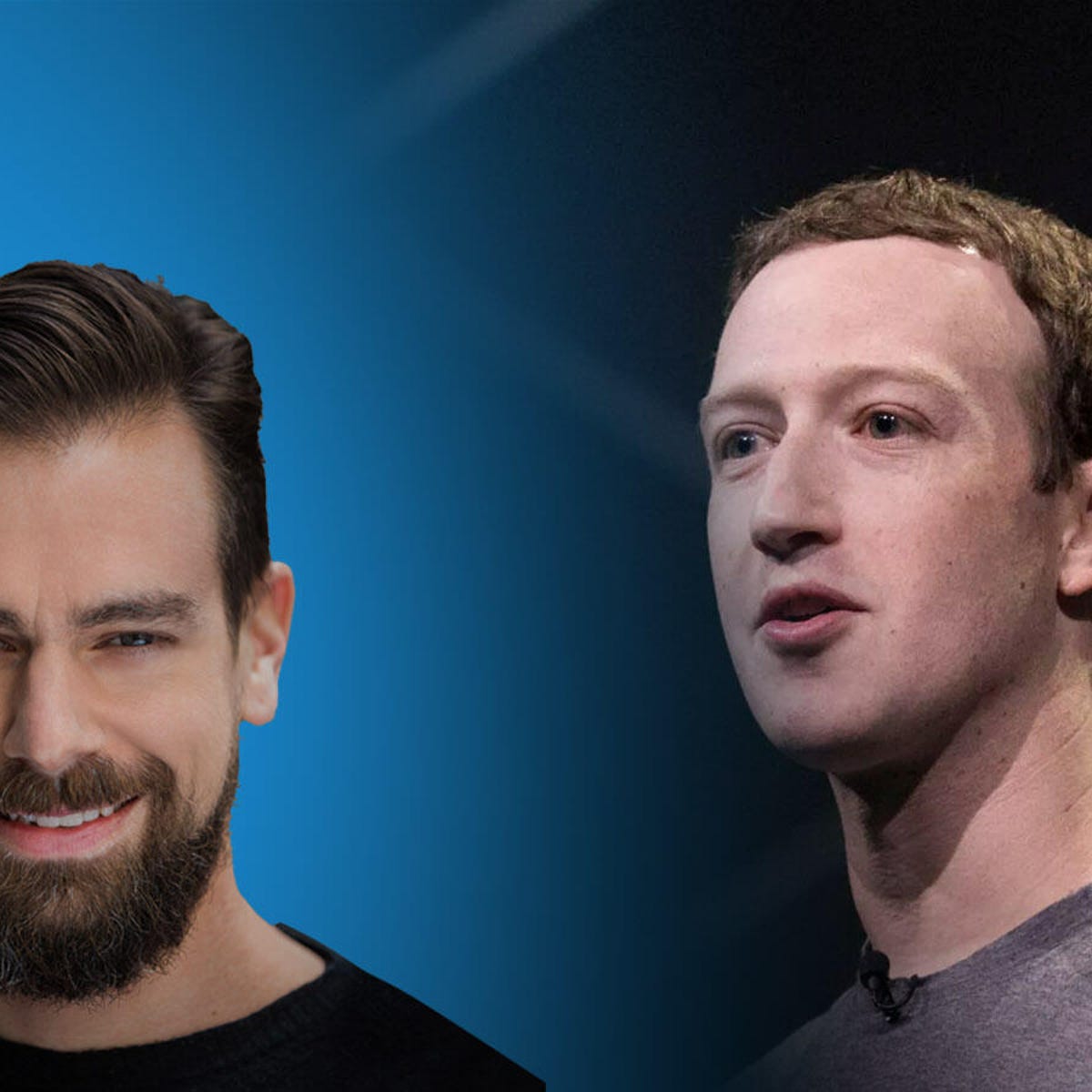Mark Zuckerberg and Jack Dorsey are the two most prominent social media entrepreneurs in the world. Zuckerberg founded Facebook in 2004, which today has over 2.85 billion monthly active users, making it the world’s largest social media platform. Whereas, Dorsey created Twitter in 2006, which today has over 330 million monthly active users. Both Facebook and Twitter have different business strategies, for instance, Facebook has aggressively acquired other companies to expand its reach and offer more features to its users while Twitter has focused on creating a platform that is open and accessible to all. Both entrepreneurs have different leadership styles, with Zuckerberg being aggressive while Dorsey is laid back and introspective.
Mark Zuckerberg vs. Jack Dorsey: The Social Media Moguls Showdown
Introduction
Mark Zuckerberg and Jack Dorsey are two of the most prominent social media entrepreneurs of our time. They have revolutionized communication and connectivity by creating platforms that have changed the way people interact and conduct business around the world. These two moguls have built companies that dominate the social media landscape, and their rivalry is one that has captured the attention of millions.
Background
Mark Zuckerberg co-founded Facebook in 2004 while he was still an undergraduate at Harvard University. The site was initially designed for college students but eventually opened up to a wider audience. Today, Facebook has over 2.85 billion monthly active users, making it the largest social media platform in the world.
Jack Dorsey, on the other hand, created Twitter in 2006 as an SMS messaging service. It eventually morphed into a social media site, and today, Twitter has over 330 million monthly active users. Unlike Facebook, Twitter’s content is more focused on short, concise messages, making it an ideal platform for breaking news and real-time information sharing.
Business Strategies
Both Facebook and Twitter have grown their user bases through different business strategies. Facebook has aggressively acquired other companies, such as Instagram and WhatsApp, to expand its reach and offer more features to its users. Zuckerberg has also been very vocal about his plans to connect the world, and Facebook has invested heavily in initiatives like internet.org to bring internet access to more people in developing countries.
Twitter, on the other hand, has focused on creating a platform that is open and accessible to all. The company’s business model relies on advertising, and it has strived to make its platform a go-to destination for real-time news and current events. Twitter has also made efforts to curb misinformation and hate speech on the platform by implementing stricter policies around user behavior and content moderation.
Leadership Styles
Mark Zuckerberg is known for his aggressive leadership style and his tendency to move fast and break things. He has been criticized for being too focused on growth and not paying enough attention to content moderation and user privacy. However, he has also shown a willingness to take responsibility for Facebook’s failures, such as its role in spreading election misinformation and the Cambridge Analytica scandal.
Jack Dorsey, on the other hand, has a more laid-back and introspective leadership style. He has been known to take long breaks from the company to focus on personal development and meditation. Dorsey has also been praised for his efforts to make Twitter a more transparent and accountable company, such as publishing regular transparency reports and creating a public archive of deleted tweets.
Conclusion
While Mark Zuckerberg and Jack Dorsey have different styles and strategies, both have had a significant impact on the social media landscape. Facebook and Twitter have changed the way people communicate, interact, and share information, and these two moguls have played a significant role in that transformation. As they continue to compete and evolve their businesses, it will be interesting to see how their approaches to leadership and growth evolve.
